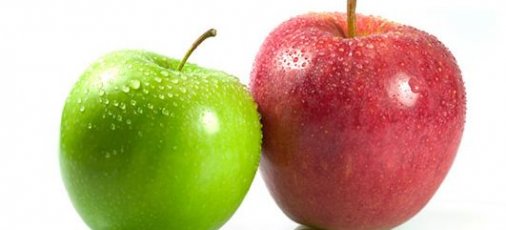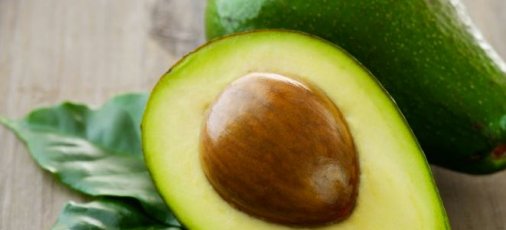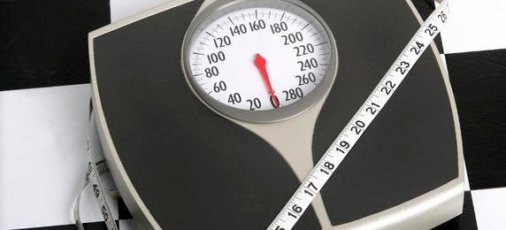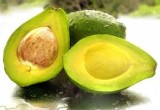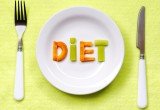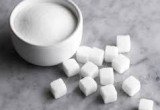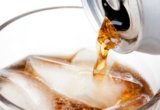 A study suggests that regular intake of diet soda may be boosting the risk of stroke. Hannah Gardener, an epidemiologist at the University of Miami Miller School of Medicine, who was slated to present her research Wednesday at the International Stroke Conference 2011 in Los Angeles, said, “In our study, we saw a significant increased risk among those who drank diet soda daily and not regular soda.” She added that the link is “unknown at this point”.
A study suggests that regular intake of diet soda may be boosting the risk of stroke. Hannah Gardener, an epidemiologist at the University of Miami Miller School of Medicine, who was slated to present her research Wednesday at the International Stroke Conference 2011 in Los Angeles, said, “In our study, we saw a significant increased risk among those who drank diet soda daily and not regular soda.” She added that the link is “unknown at this point”.
Earlier studies have shown that those who drank more than one soft drink a day, whether regular or diet, were more likely than non-drinkers to have metabolic syndrome. Metabolic syndrome leads to more than one risk factor for diabetes and heart disease. It encompasses high blood pressure, elevated triglycerides (blood fats), low levels of good cholesterol, high fasting blood sugar and large waists.
For this study Gardener and her colleagues looked at soda habits of 2,564 people enrolled in the large Northern Manhattan Study (NOMAS) to see if there was an association, if any, with stroke. On an average the subjects were 69 years of age and completed food questionnaires about the type of soda they drank and how often.
Over 9 years of the study 559 vascular events occurred, including strokes caused by hemorrhage and those caused by clots, known as ischemic strokes. After adjusting for factors such as age, gender, ethnicity, physical activity, calorie intake, smoking and alcohol drinking habits results showed that those who drank diet soda daily compared to those who drank no soda were 61 percent more likely to have a vascular event. They also adjusted for presence of metabolic syndrome, vascular disease in the limbs and heart disease history. This time the risk with diet soda was 48%.
Gardener said, “If our study is replicated… it would suggest diet soda is not optimal.” According to Dr. Patrick Lyden, chief of neurology at Cedars-Sinai Medical Center in Los Angeles, who was an independent observer, “My first thought was, ‘The correlation has to be accidental’.” But he added in the same breath that the science looks sound, “There still could be some sort of accidental correlation… Wait for repeated studies to show a risk and in the meantime, all things in moderation.” He advises, “An occasional soda never hurt anybody… Once or twice a week to me seems to be rational.”
Gardener in another study also found high salt intake was linked to a higher risk of stroke. Using the same data, she looked at 2,657 participants of NOMAS, evaluating their salt intake and following them for nearly 10 years.
The team found that 187 ischemic strokes occurred during the study. Those who consumed more than 4,000 milligrams a day of sodium had more than double the risk of ischemic stroke than those who consumed less than 1,500 milligrams a day.
The American Heart Association recommends less than 1,500 milligrams a day. The current U.S. Dietary Guidelines for Americans recommends eating less than 2,300 milligrams a day and 1,500 milligrams a day for those who are 51 and older and certain other people like those with high blood pressure, diabetes and chronic kidney disease.


